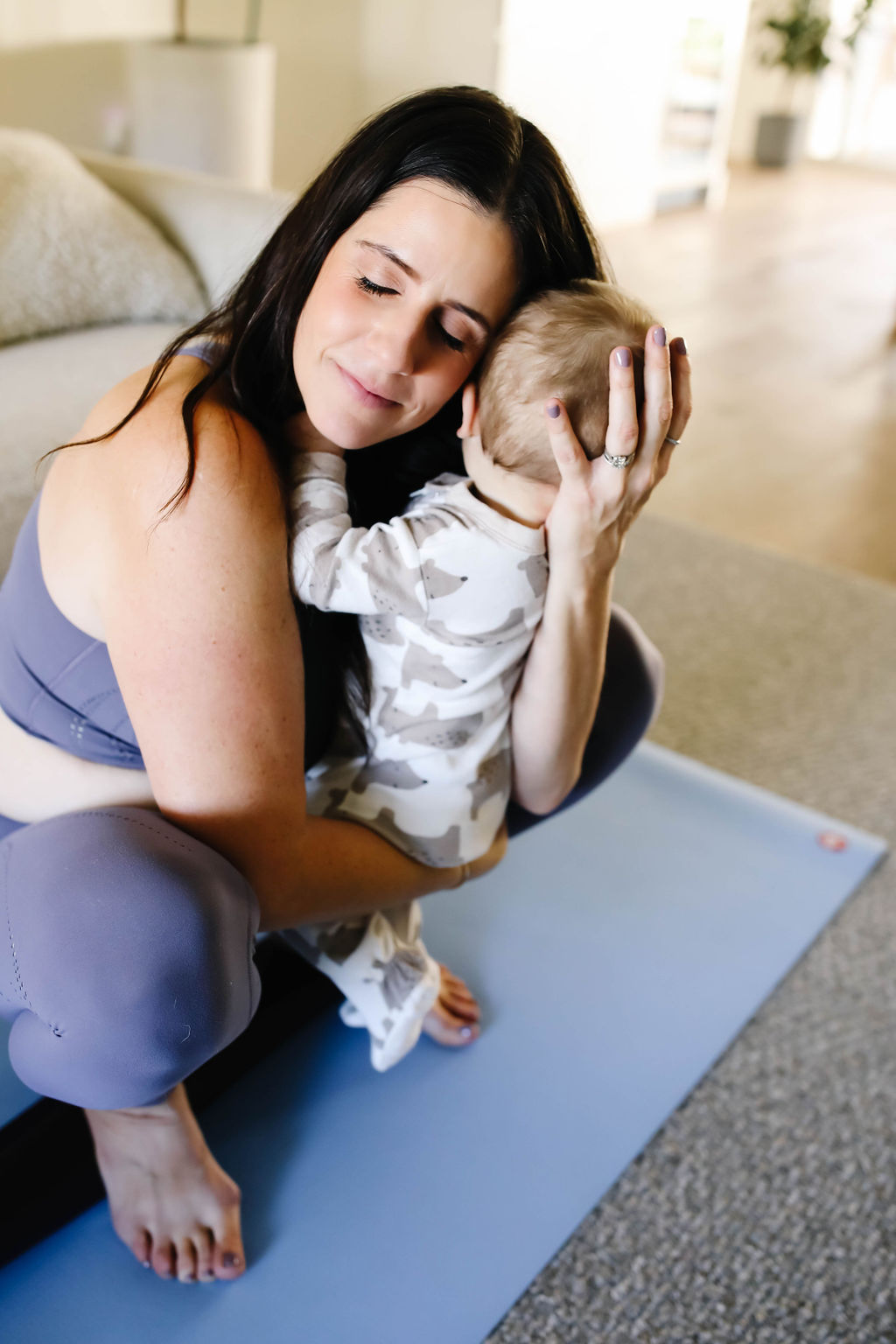Namita Nayyar:
Mental Health issues are becoming increasingly common in young adults, pregnant women, and the elderly. According to you what are the reasons for the same? Please share your expert input on identifying and managing symptoms.
Sarah Ezrin:
Let me begin by saying, that I’m not a trained therapist nor a doctor, so if you are feeling overwhelmed or having thoughts about harming yourself or someone else, please seek help from a professional in your area. My theories on this come from my 42 years of lived experience with mental health struggles. A huge factor in the upsurge is that we are all so disconnected. Disconnected from each other, disconnected from the natural rhythms of our bodies and nature. These devices in our hands (which are amazing don’t get me wrong!) offer zero break from the incessant news cycle. If you’re on social media, your feed can go from a funny cat video to a horrible personal story about trauma, and our hearts were just not meant to hold this all. Yoga at its root is about connection. The word yoga means to connect in Sanskrit. It is incredibly healing to reclaim the connections we have lost.

Namita Nayyar:
Yoga asanas you practice every day? Tips to become more flexible.
Sarah Ezrin:
I do cat/cow every day. I’ve come to respect our spine as the most important part of our whole body (it’s the highway for our nervous system!) and so I try to move my spine in all directions every day. I will also get upside down in some way. Whether, I’m standing and folded forward, or my legs are up a wall, I instantly feel better when my legs are above my pelvis. I think the best way to get flexible is to make plans that fall through or travel during the holidays. Flexibility is a mind approach more than a body experience!
Namita Nayyar:
What kind of diet do you follow? How significant is one’s eating habit related to good health?
Sarah Ezrin:
Food is medicine so I revere food as a big part of my healing. That said, given my long history with disordered eating, I try to avoid restrictive diets or doing things like intermittent fasting. My diet is intuitively eating what my body desires. This is a yoga practice too. You need to slow down enough to listen to what you need. Like, am I truly hungry right now? Or am I thirsty for water? Or am I hungry for connection? Our bodies are so wise when we give them the space to communicate with us.
Namita Nayyar:
How do you like to kick-start your day?
Sarah Ezrin:
My kickstart is more like a long and slow sputter. I wake up at 430 a.m., before the rest of my family, and spend a good hour on contemplative practices, such as meditation, breathwork, and journaling. I am most creative in the morning, so after that, I work on any writing assignments I have or study from one of the many courses I’m enrolled in. I love learning and I’m a forever student! There are two gigantic cups of black tea, as well! The kids wake up around 630a/7a and then it’s gone time, but taking that extra time in the morning helps me not feel like I’m playing catch up all day. I start the active part of the day grounded and ready.
Disclaimer
The Content is not intended to be a substitute for professional medical advice, diagnosis, or treatment. Always seek the advice of your physician or other qualified health provider with any questions you may have regarding a medical condition.